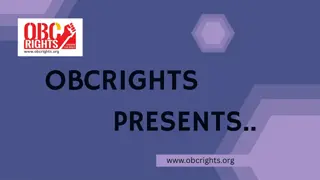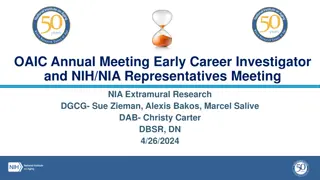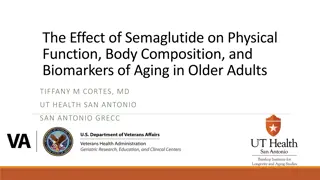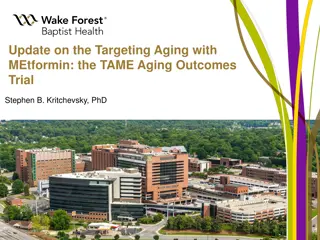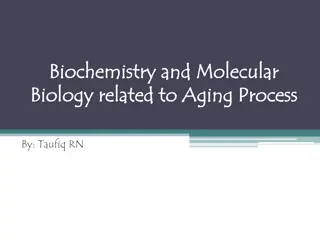Undergraduate Certificate in Aging and Older Adulthood
This undergraduate certificate in Gerontology offers a comprehensive overview of aging, including courses on cognitive and physical changes, social ties, and elective topics such as Alzheimer's disease management and palliative care. The program aims to equip students with the necessary knowledge and skills for careers in aging-related fields, emphasizing the importance of providing better care in professional and family settings. Implementation of the certificate involves no additional faculty or resources, with existing practicum sites supporting student capacity in Gerontology.
Download Presentation

Please find below an Image/Link to download the presentation.
The content on the website is provided AS IS for your information and personal use only. It may not be sold, licensed, or shared on other websites without obtaining consent from the author. Download presentation by click this link. If you encounter any issues during the download, it is possible that the publisher has removed the file from their server.
E N D
Presentation Transcript
Aging and Older Adulthood UNDERGRADUATE GERONTOLOGY CERTIFICATE: MARGARET MANOOGIAN, PROFESSOR/HEAD, GERONTOLOGY MELISSA CANNON, ASSISTANT PROFESSOR, GERONTOLOGY
Overview of Certificate(16 credits) GERO 320 Introduction to Aging (4 credits) GERO 360 Cognitive and Physical Changes in Aging (4 credits) GERO 455 Social Ties and Aging (4 credits) Elective (4 credits): Intersectionality and Aging; Environmental Gerontology; Global Aging; Life Review; Palliative Care and Chronic Illness; Housing and Long-Term Care; Alzheimer s Disease and Other Dementias Management; Death, Dying, and Grief; Experiential Learning
Rationale Basic understanding of the biopsychosocial aspects of aging Student knowledge and skill development for careers and graduate programs that may interface with aging and older adulthood Access to students in credit-dense majors particularly transfer students Oregon workforce needs Expertise and distinction in the PNW Complementary to most majors on campus Most important: Better care providers in professional and family settings
Implementation No additional faculty FTE or resources needed More practicum sites than student capacity in Gerontology already in place Conversations with all divisions to articulate connections Advising information to students


















